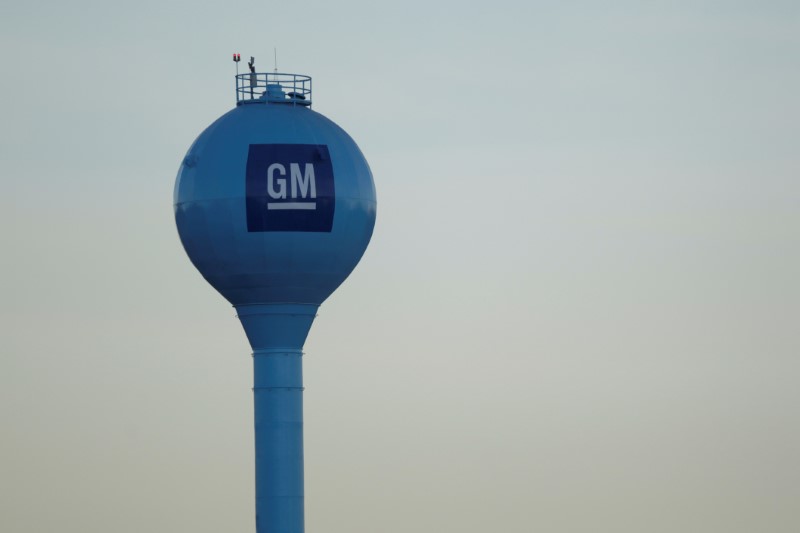This post was originally published on this site
https://i-invdn-com.investing.com/trkd-images/LYNXMPEI9U0K8_L.jpg
(Reuters) -The United Auto Workers on Monday said it is seeking an election to represent workers at a General Motors/LG Energy battery cell joint venture in Ohio after the companies refused to recognize the union.
The UAW said it had filed a petition with the National Labor Relations Board on behalf of approximately 900 workers at Ultium Cells after a majority of workers had signed cards authorizing the union to represent them.
“By refusing to recognize their majority will, Ultium – which is a joint venture between General Motors (NYSE:GM) and LG Energy Solution – has decided to ignore democracy and delay the recognition process,” UAW President Ray Curry said in a statement.
GM deferred comment to Ultium, which did not immediately comment Monday. LG Energy did not immediately respond to a request for comment.
The joint venture said last month it would comply with a federal labor law that “protects our employees’ right to decide the issue of union representation through a voluntary democratic election.”
Last month, the UAW said it was seeking speedier recognition to represent hourly workers in the automaker’s growing stable of U.S. joint-venture battery plants.
In August, the first GM LG Energy joint venture Ultium battery plant began production in Warren, Ohio.
In May, President Joe Biden, in a trip to South Korea, expressed support for workers seeking to unionize joint venture battery plants. Detroit’s Big Three automakers all have battery plants in the works with Korean partners.
“For every joint venture that manufactures electric vehicle batteries would be made stronger by collective bargaining relationships with America unions,” Biden said.
In August, GM and LG Energy said they were considering a site in New Carlisle, Indiana, for a fourth U.S. battery plant. They are already building a $2.6 billion battery cell plant in Lansing, Michigan, set to open in late 2024, and a $2.3 billion Tennessee plant to be completed in 2023.

